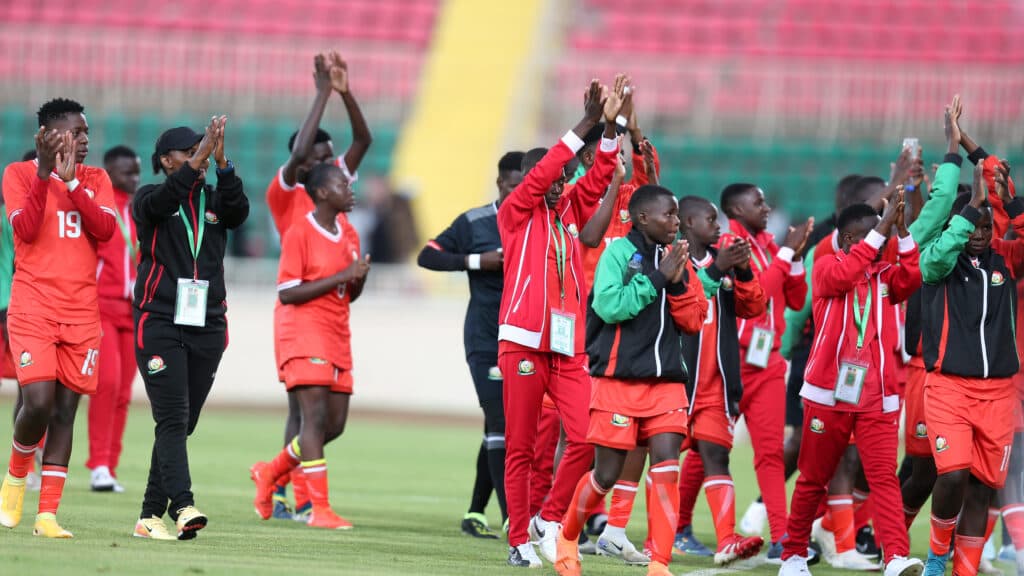We're loading the full news article for you. This includes the article content, images, author information, and related articles.
Kenyan football enthusiasts face late-night viewing as FIFA considers post-midnight kick-off times for major World Cup matches to mitigate heat challenges, potentially impacting local viewership and public discourse.

Kenyan football fans should prepare for significantly late World Cup match timings, with FIFA reportedly considering scheduling games involving prominent European teams after midnight UK time. This move aims to address heat-related issues observed during the recent Club World Cup, which could translate to early morning viewing hours in Kenya.
Previously, it was anticipated that World Cup kick-off times would mirror those of the Club World Cup, which featured games starting at 5:00 PM, 8:00 PM, 11:00 PM, and 2:00 AM British Summer Time (BST). While the 5:00 PM and 8:00 PM BST slots would be convenient for European broadcasters, they would correspond to midday kick-offs on the United States East and West coasts, respectively. The proposed shift to later kick-off times for major matches suggests a prioritisation of player welfare and broadcast considerations across different time zones.
The potential for post-midnight kick-offs in Kenya raises concerns for various stakeholders. Broadcasters will need to assess the impact on viewership figures and advertising revenue for these late-night slots. Football fans, particularly those with work or school commitments, may find it challenging to follow matches live. Public health advocates might also raise concerns about sleep disruption, especially for younger audiences.
The primary implication for Kenya is the disruption to traditional viewing habits. Late-night matches could lead to decreased live viewership, potentially affecting the atmosphere in public viewing areas and sports bars. There could also be a knock-on effect on productivity and daily routines for ardent fans. Analysts suggest this development could influence public debate and policy execution, with calls for clarity on timelines, costs, and safeguards.
Specific details regarding the exact kick-off times for all matches, particularly those not involving major European nations, remain unknown. The extent to which these late timings will impact viewership figures in Kenya and the broader East African region is yet to be determined. It is also unclear what measures, if any, FIFA or local broadcasters might implement to mitigate the challenges posed by these late schedules.
The discussions around World Cup kick-off times are ongoing, with a final schedule expected closer to the tournament. The recent Club World Cup provided initial insights into FIFA's approach to managing heat-related challenges, informing the current considerations for the main event.
Football fans and industry stakeholders in Kenya should closely monitor official announcements from FIFA regarding the definitive World Cup match schedule. Local broadcasters will likely communicate their programming plans and any special arrangements for the late-night games. Public discourse around the impact of these timings on fan engagement and well-being will also be important to watch.
Keep the conversation in one place—threads here stay linked to the story and in the forums.
Sign in to start a discussion
Start a conversation about this story and keep it linked here.
Other hot threads
E-sports and Gaming Community in Kenya
Active 9 months ago
The Role of Technology in Modern Agriculture (AgriTech)
Active 9 months ago
Popular Recreational Activities Across Counties
Active 9 months ago
Investing in Youth Sports Development Programs
Active 9 months ago